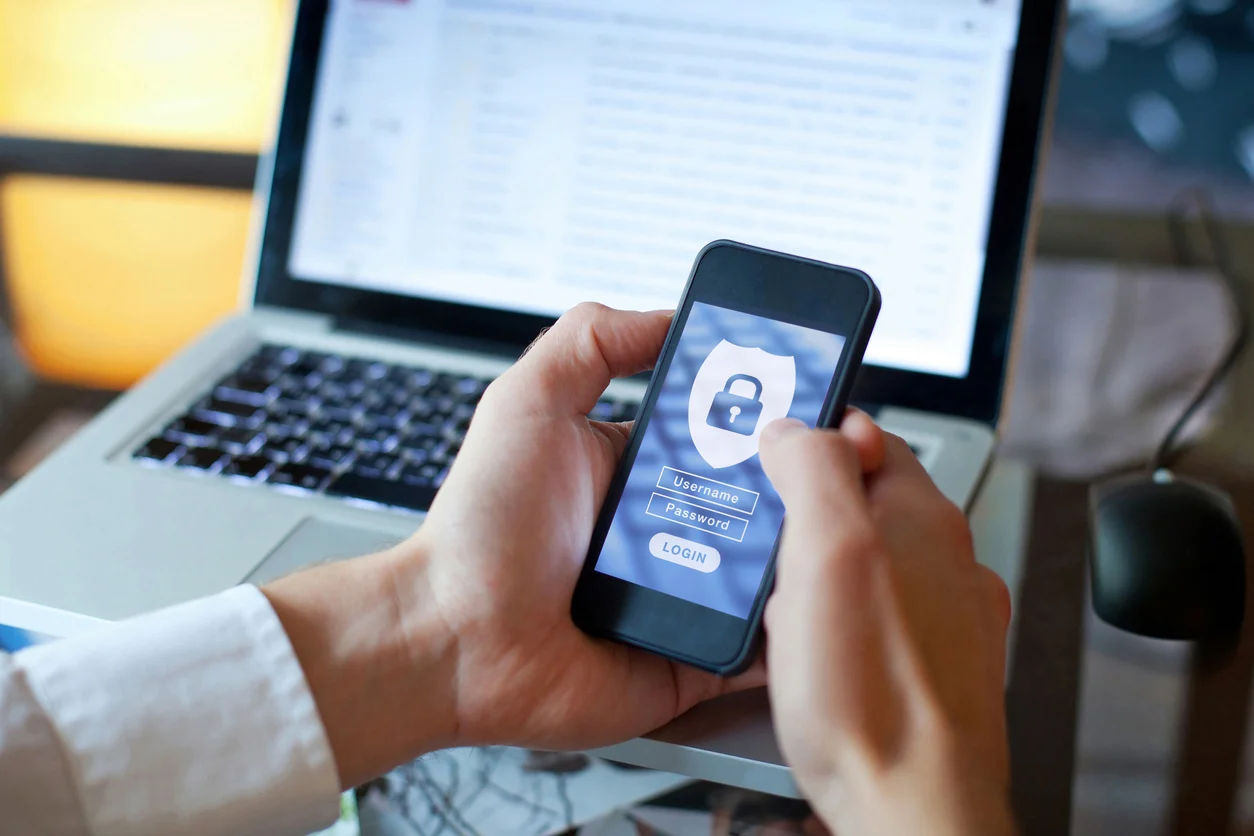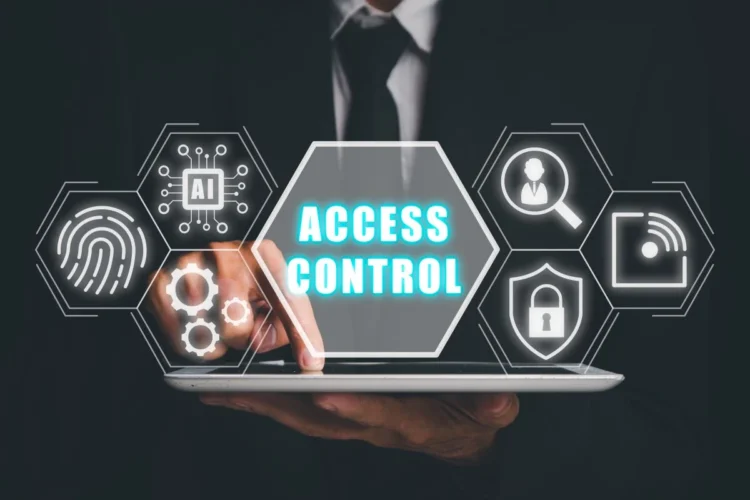Businesses in regulated sectors face unique challenges when adopting new technology. As communication shifts to digital platforms, they must prioritise data security and regulatory compliance. The change to Voice over Internet Protocol (VoIP) is attractive due to its cost-efficiency and flexibility. However, concerns arise regarding how it handles sensitive data.
VoIP solutions offer significant benefits, but regulatory concerns remain. Industry regulations, such as HIPAA in healthcare or GDPR in Europe, impose strict requirements. Businesses in regulated sectors need tools that protect sensitive information. Meeting compliance standards while using VoIP involves careful planning.
Table of Contents
Comprehension Compliance Standards and Regulations

Industries have distinct guidelines based on the type of data they handle. Healthcare, finance, and legal services follow specific standards. For instance, the medical assistance industry must comply with HIPAA regulations. These rules mandate the secure handling of personal health information.
Understanding these requirements is essential for implementation. By knowing what rules apply, companies can prepare accordingly. They can establish practices that align with regulatory demands. It sets the stage for effective data protection measures.
Implementing End-to-End Encryption
End-to-end encryption is crucial for data protection. This security measure prevents unauthorised access during transmission. The systems that offer encryption keep conversations private. Encryption is essential for any organisation handling sensitive information.
When choosing a VoIP provider, look for solid encryption protocols. This ensures that data is secure from interception. Proper encryption also demonstrates a commitment to regulatory compliance. Encryption minimises risks, providing peace of mind for both businesses and clients.
Access Control and User Authentication
Access control and authentication are vital to secure VoIP networks. Unauthorised access can lead to data breaches and regulatory issues, so companies must limit access to authorised personnel. Implementing multi-factor authentication is a good practice. It requires users to verify their identity through multiple steps, reducing the likelihood of unauthorised access.
Access control allows organisations to manage permissions effectively. Users can only access the information necessary for their role, reducing the exposure of sensitive data and helping businesses maintain regulatory standards. Secure access management protects VoIP communication channels from potential threats.
Conducting Regular Audits and Monitoring
Routine audits and monitoring are essential for VoIP security. Regular checks help organisations detect vulnerabilities early. Audits ensure that security measures meet compliance standards. Monitoring tools also help by tracking network activity in real-time.
When a security incident occurs, fast detection is crucial. Monitoring tools alert companies to suspicious activities. Additionally, regular audits provide valuable insights into system performance. Companies can adjust their security measures based on these findings. Continuous monitoring builds a robust defence against cyber threats.
Employee Training on Compliance and Privacy

Employee awareness is a critical factor in maintaining compliance. Staff members should understand their role in data protection. Regular training sessions on VoIP security are beneficial. These sessions teach employees how to handle sensitive information. Employees learn best practices for secure communication. They also understand the importance of following industry regulations.
Training programs create a security-aware culture within the organisation. Employees can recognise phishing attempts or suspicious activity. With proper training, staff becomes an asset in data protection. A knowledgeable team strengthens the organisation’s compliance efforts.
Staying Updated with VoIP Security Innovations
Technology evolves rapidly, and so do cyber threats. VoIP systems require continuous updates to remain secure. Organisations should stay informed about the latest VoIP security innovations. Upgrading to the newest version helps close potential vulnerabilities. It also demonstrates a proactive approach to compliance.
VoIP providers often release updates with enhanced security features. These updates address emerging threats and regulatory changes. Staying current with these improvements is essential. A regularly updated system is crucial for effective compliance and data privacy.
VoIP solutions can streamline communication, but they come with compliance challenges. For companies in regulated industries, maintaining data privacy is essential. Regular audits and updates further strengthen VoIP security. They can enhance communication while ensuring compliance with industry standards.

